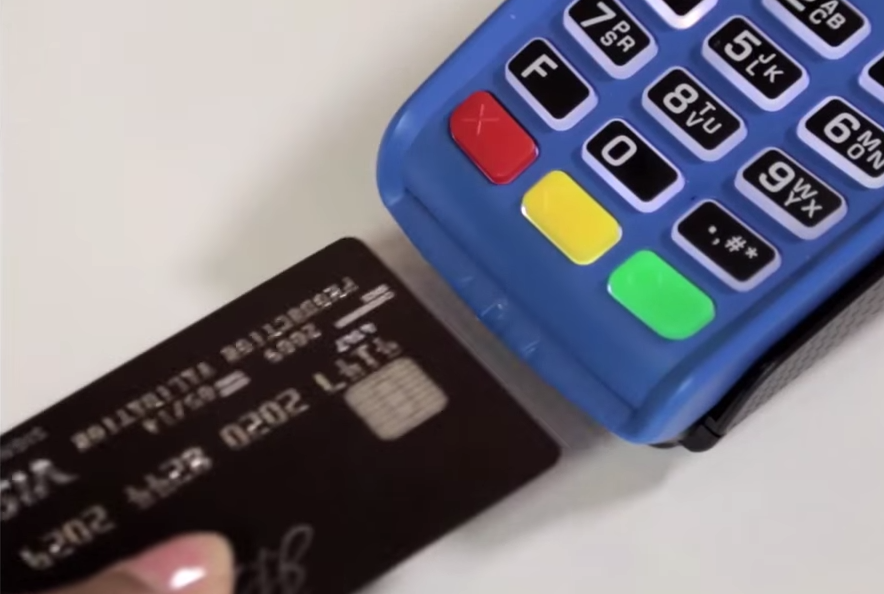States Ask Banks, Credit Card Companies To Hurry Up With The Chip & PIN Cards Already
 The deadline has come and gone for most retailers to install new microchip-scanning credit card readers in stores, but many stores are still waiting to introduce the devices because a lot of banks and credit card issuers have yet to issue the more secure cards to customers. In the hope of resolving this stalemate, attorneys general for eight states and the District of Columbia have called on the nation’s biggest banks and card networks to start pressing the new plastic ASAP.
The deadline has come and gone for most retailers to install new microchip-scanning credit card readers in stores, but many stores are still waiting to introduce the devices because a lot of banks and credit card issuers have yet to issue the more secure cards to customers. In the hope of resolving this stalemate, attorneys general for eight states and the District of Columbia have called on the nation’s biggest banks and card networks to start pressing the new plastic ASAP.
In a letter [PDF] sent to executives at MasterCard, Visa, Discover, Bank of America, Capital One, Citigroup, American Express, JPMorgan Chase, the AGs urge these financial institutions to stop dragging their feet on getting these cards into the hands of consumers.
There are already more than 1.6 billion chip-and-PIN cards in use around the world, but stateside they are still a relative rarity.
“This technology is neither new nor novel,” reads the letter, signed by the attorneys general for Connecticut, Illinois, Maine, Massachusetts, New York, Rhode Island, Vermont, Washington, and the District of Columbia. “To the contrary, it is already widely used throughout Europe and other regions with great success. American consumers and businesses deserve no less.”
A growing number of shoppers prefer paying with plastic over cash, but at the same time our personal and financial information is constantly at risk for fraud. Connecticut AG George “Jep not Jet” Jepson says his state receives around 42 data breach notifications each month, and around half of them involved compromised payment card info.
The idea behind chip-and-PIN cards is to make it more difficult for make fraudulent in-store purchase, both with the use of a hard-to-replicate microchip and the requirement of a PIN to confirm the user’s identity.
The AGs note that there a number of chip-enabled cards are already in use by consumers, but that many of them are chip-and-signature, not chip-and-PIN.
“There can be no doubt that this is a less secure standard, since signatures can easily be forged or copied or even ignored at the point-of-sale,” reads the letter.
Federal law puts strict limits on consumers’ liability for fraudulent payment card transactions, but that doesn’t mean the billions of dollars lost to fraud each year aren’t ultimately passed on to all of us through higher fees, increased minimum balances, and reduced benefits.
Want more consumer news? Visit our parent organization, Consumer Reports, for the latest on scams, recalls, and other consumer issues.

